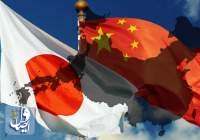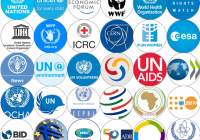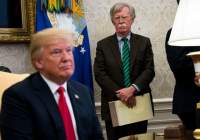Japan’s former prime minister Shinzo Abe has been taken to hospital bleeding after collapsing while delivering a speech in the city of Nara in western Japan. Former Japanese PM Shinzo Abe’s condition ‘currently unknown’ after attack.
- My message to the new world
- The signing ceremony of bilateral cooperation documents between Iran and Venezuela was held
- Ukraine says it has proof Russia was behind dam blast
- Chinese warship crossed in front of a U.S. destroyer in the sensitive waterway
- Russia’s Prigozhin claims complete capture of Bakhmut
- Blasts rock Russia-annexed Crimea
- World’s highest railway bridge to open in Kashmir soon
- Russian, Chinese, Iranian drills contribute to regional security
- Ex-student shoots dead 3 children, 3 adults at Tennessee Christian school
- Australia to buy as many as five nuclear subs from United States

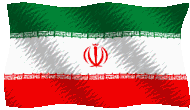
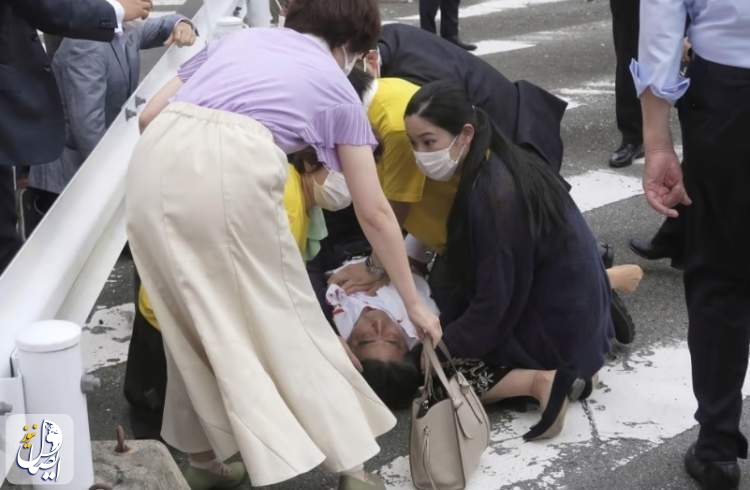
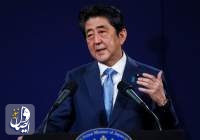
![Zarif says US policies are hurting the Iranian people and causing regional tensions [Khalid Al-Mousily/Reuters] Zarif says US policies are hurting the Iranian people and causing regional tensions [Khalid Al-Mousily/Reuters]](/images/docs/000002/n00002048-s.jpg)
